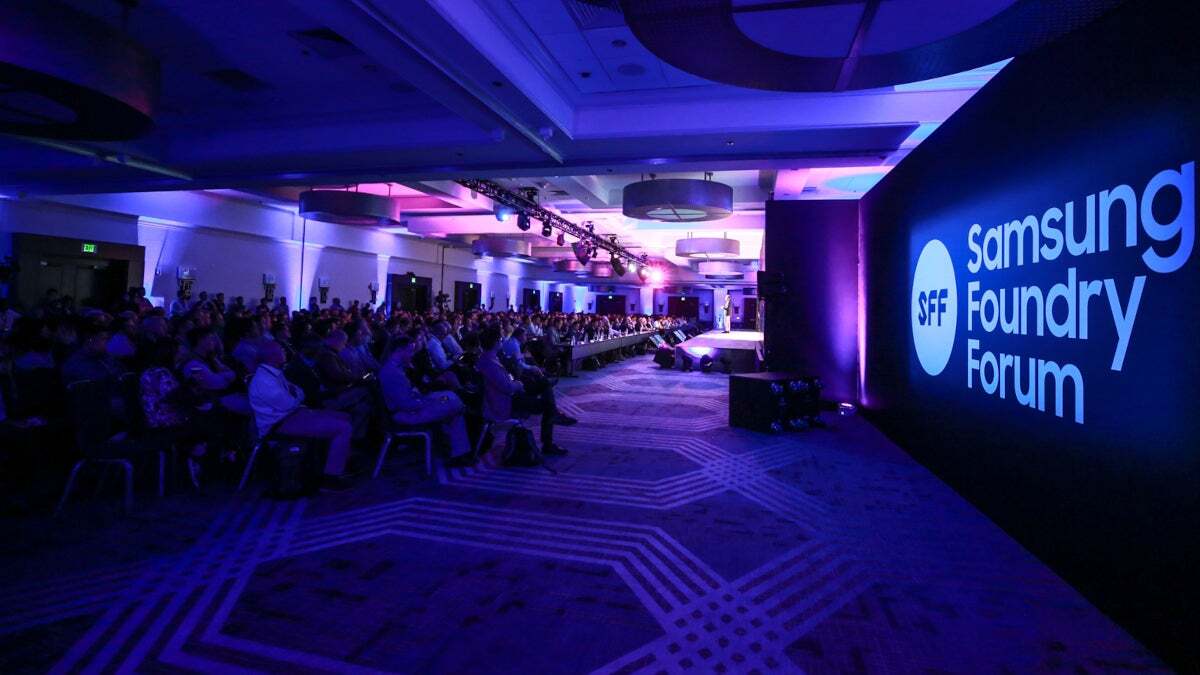Samsung might copy TSMC after spinning off its faltering foundry

Samsung Foundry is the second largest contract foundry in the world after TSMC. The Taiwan-based chip manufacturer had a leading 61% share of the market after the second quarter of this year compared to Samsung Foundry's 14% slice of the silicon chip pie. A report today out of South Korea cited a July report made by Samsung Securities, a financial services unit belonging to Samsung. The report suggested that Samsung spin off the foundry business and have it listed as a public company in the U.S.
Samsung is considering spinning off its chip foundry and listing it on a U.S. stock exchange
The report, titled "Geopolitical Paradigm Shift and Industry," comes to the conclusion that Samsung take its Foundry public because of several issues that have led multiple companies to leave Samsung Foundry and head to TSMC. One of those issues is the low yield that Samsung Foundry is supposedly experiencing for its 3nm chip production. The yield is the percentage of usable dies sliced from the silicon wafer that the dies are built on compared to the maximum number of dies that could be obtained from the wafer.

Problems with Samsung Foundry will result in the annual Foundry Forum being held online this year. | Image credit-Samsung
For example, if a particular wafer had the potential to be cut into 300 dies and 150 passed Quality Control, that would be a yield of 50%. Samsung Foundry reportedly has been suffering through issues with its yield on 3nm production using Gate-All-Around (GAA) transistors in the single digits during the first quarter of this year. A more recent report suggests that Samsung Foundry's yield on 3nm GAA chips is in the 10%-20% range.
The gate on GAA transistors can come into contact with the channel on all four sides reducing current leak and improving the drive current. This results in higher-performing chips consuming less energy. Samsung Foundry started using GAA with its 3nm node while TSMC will start using these transistors next year when it starts 2nm production.
You might remember that early in 2022, Samsung Foundry's yield on 4nm production was around 35%, half of TSMC's yield at the same node. That led Qualcomm to move the manufacturing of the Snapdragon 8 Gen 1 application processor (AP) from Samsung Foundry to TSMC and the SoC was refreshed and renamed the Snapdragon 8+ Gen 1. Qualcomm has continued to use TSMC to build its flagship AP although that might change next year as Qualcomm is supposedly considering using both TSMC and Samsung Foundry to build the Snapdragon 8 Gen 5 AP next year.
How will Samsung Foundry's low yield for 3nm GAA impact the Galaxy S25 flagship line?
Samsung Foundry's yield problem is also going to impact the Galaxy S25 2025 flagship series. Thanks to the low yield experienced by Samsung with its 3nm GAA production, Samsung isn't planning to have the Exynos 2500 AP available for the Galaxy S25 and Galaxy S25+. There is speculation that the Galaxy S25 base model might be powered by MediaTek's Dimensity 9400 SoC in all markets except for the U.S., China, and Canada.
If Samsung decides instead to use the Snapdragon 8 Gen 4 to power all of its Galaxy S25 series models, we might see a huge price hike by Samsung. That's because Qualcomm's upcoming flagship chipset will be priced up to 20% above its predecessor according to a reliable leaker.
Samsung Foundry's yield issues have continued and as an example of the problems Samsung is having with the business, it will hold its annual Foundry Forum online. During the middle of this month, before the Forum is held, Samsung is expected to report on the third-quarter performance of its different business segments. The unit that includes the Foundry is forecast to report an operating loss of close to 500 billion won (approximately $385 million).
Samsung might indeed feel that it is better off monetizing its Foundry by taking it public in the U.S. After all, TSMC's market capitalization on the New York Stock Exchange exceeds $810 billion as the shares trade at 32 times earnings.
Follow us on Google News











Things that are NOT allowed:
To help keep our community safe and free from spam, we apply temporary limits to newly created accounts: